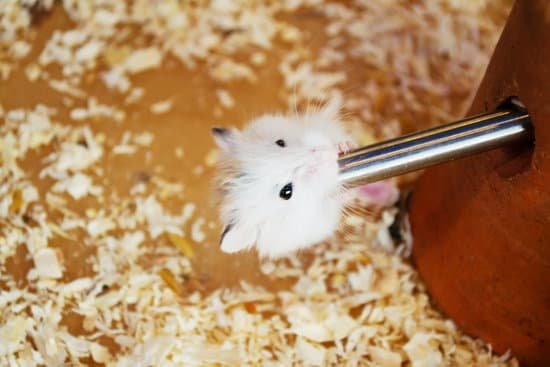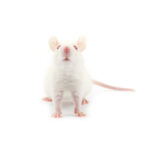Are Rats Bad For Humans?
Regardless of the reasons for their presence, rats can pose a health risk. Their droppings, urine and hairs are filled with germs, and they may cause respiratory problems. Therefore, it’s vital to keep the evidence clean. Rats and mice may also carry harmful viruses. If these are present, it’s important to get rid of them immediately.
Some of these viruses can cause life-threatening infections, including leptospirosis, which is contracted through contact with rat urine or droppings. If left untreated, the disease can lead to cardiovascular problems and kidney failure. In addition, fleas from rats can spread typhus and other diseases to humans. For example, one study conducted in Baltimore found that nearly two-thirds of the rats were infected with hantavirus, which is deadly for humans. Other diseases that rats can transmit include Salmonella and E. coli, which can cause life-threatening gastroenteritis.
While rats are a common household pet, their waste can be dangerous to humans. The bacteria found in their droppings can cause salmonellosis, a type of food poisoning. Additionally, rat urine can contaminate water, soil, and food. People can also contract leptospirosis through contaminated water. Although leptospirosis is relatively uncommon, it can cause serious health problems. In severe cases, a person can suffer kidney failure, respiratory distress, and kidney damage.
Rats can cause a great deal of damage to homes and buildings. They can chew through electrical wiring, lead pipes, and even plasterboard. This can cause fires and other major issues. Furthermore, rats can gnaw through just about anything, causing extensive structural damage to buildings. In fact, in 2000, rats caused $19 billion in economic damage.








